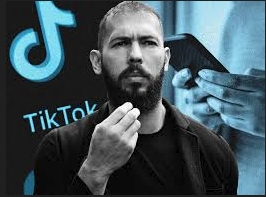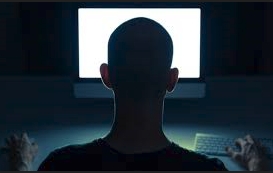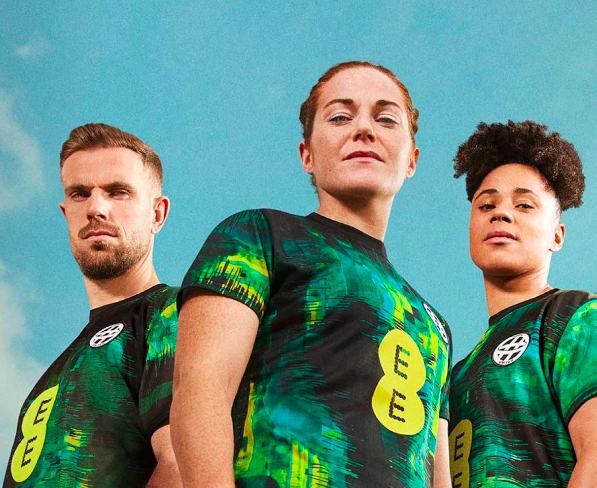Social Media Influencers Are Fuelling Online Prejudice
Jonathan Taylor MSc ( Onlinesafety4schools@gmail.com )

In a world where scrolling has become second nature, the influence of social media personalities goes far beyond product endorsements and viral dances. These influencers shape opinions, define norms, and—worryingly—can perpetuate deeply harmful ideas. One of the most pressing concerns today is how influencers, often unknowingly or under the guise of humour, are fuelling online prejudice.
From Influence to Intolerance

Influencers—especially those on platforms like Snapchat, TikTok, Instagram, Telegram, Discord and Twitch (etc)—command immense reach. They shape how young people think about relationships, gender, and identity. Many present misogynistic, prejudiced, or extreme content wrapped in humour or irony. This makes such content appear harmless or “edgy,” when in reality, it’s laying the groundwork for a culture of online intolerance.
The algorithms don’t help. Designed to maximise engagement, they feed users increasingly polarised content. What starts as a casual interest can quickly spiral into dangerous echo chambers filled with sexism, hate, or misinformation.
The Real-World Impact in Schools
In classrooms and school corridors, this influence is showing its teeth. Group chats filled with sexist jokes, “rating” female students, or sharing inappropriate images have become increasingly common. What’s worse, these behaviours are often dismissed as “just banter”—until the emotional or psychological harm becomes too severe to ignore.
Victims of online harassment may suffer in silence out of fear: fear of being labelled a snitch, fear of retaliation, or simply fear of not being believed. Meanwhile, those participating often fail to realise the legal and moral weight of their actions.
It’s Not Just About Gender

Online prejudice extends to race, religion, disability, sexual orientation, and more. Under the UK Equality Act 2010 and international human rights laws, these are protected characteristics. But in the wild west of digital spaces, discrimination and hate speech are frequently unmoderated—and sometimes even encouraged.
When young people engage in or witness online discrimination, it sets a precedent. Silence can look like approval. Participation becomes normalised.
Technology Isn’t Neutral
Apps and platforms play a big role in this ecosystem. From deepfake software to anonymous messaging and virtual reality spaces, the technology often enables—and even accelerates—harmful behaviour. AI-driven face swaps, “undress” apps, and sextortion scams are just a few examples of how innovation can be misused.
Even the tools meant to protect—like reporting features—are underused or distrusted by the very people they’re meant to help.
What Can Be Done?
- Think Before You Share: Ask—is it kind? Is it respectful? Is it necessary?
- Challenge Harmful Norms: Speak up in group chats. Don’t stay silent.
- Use Reporting Tools: Most platforms have them—use them.
- Support One Another: Be the friend who says, “That’s not okay.”
- Educate Continuously: Schools, parents, and communities must work together to build digital resilience.

To use the brilliant Gareth Southgate quote, “If sexist hate starts with us—it must end with boys and men.” It’s a reminder that silence can be complicity, and action—even a small one—can make a difference.
Final Thoughts
Social media can be a tool for empowerment and connection, but only if we use it with awareness and integrity. Influencers aren’t going away, nor should they—but we must hold them, and ourselves, accountable for the messages we amplify.
The digital world reflects the real one—and both deserve our respect.